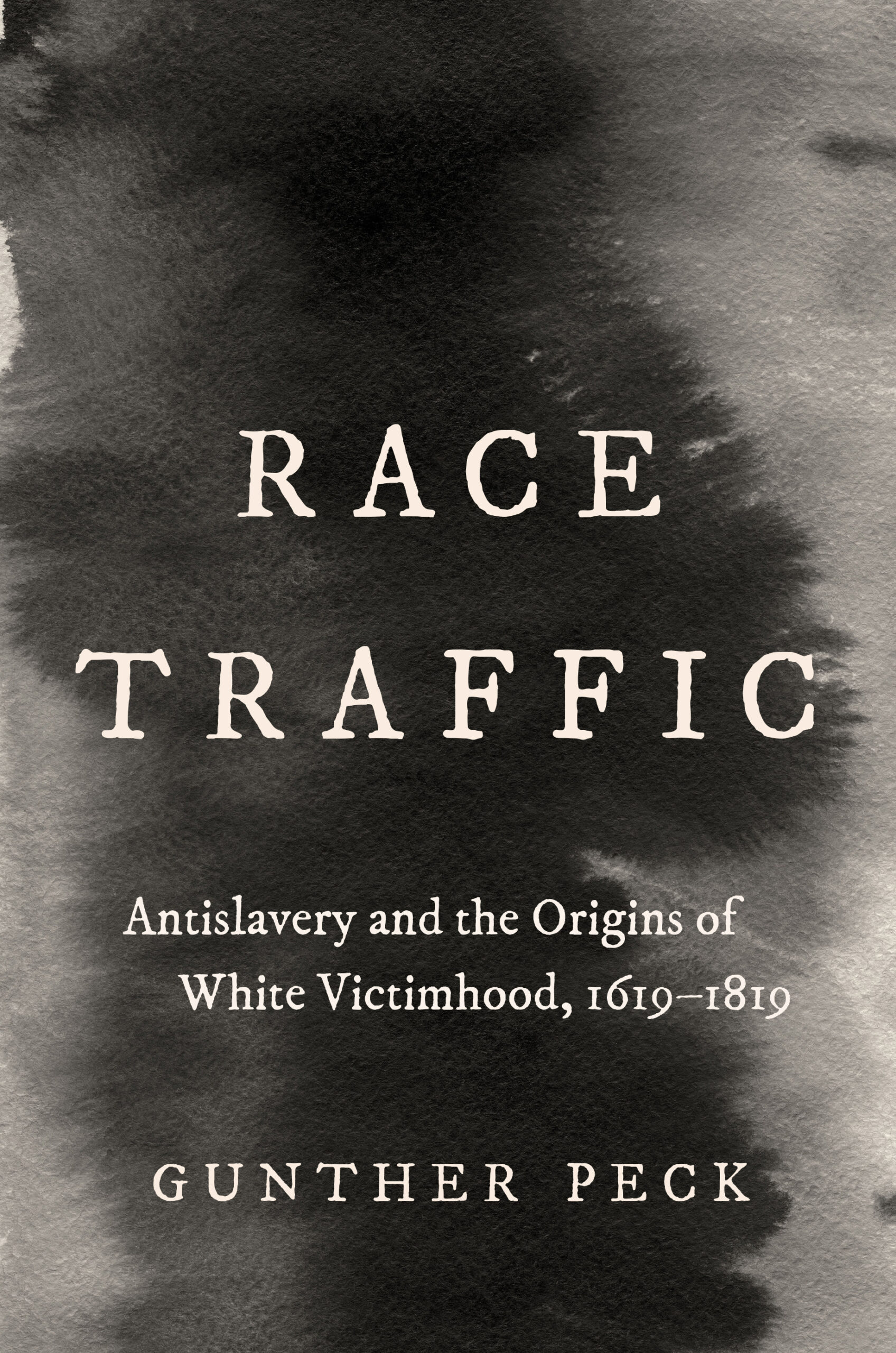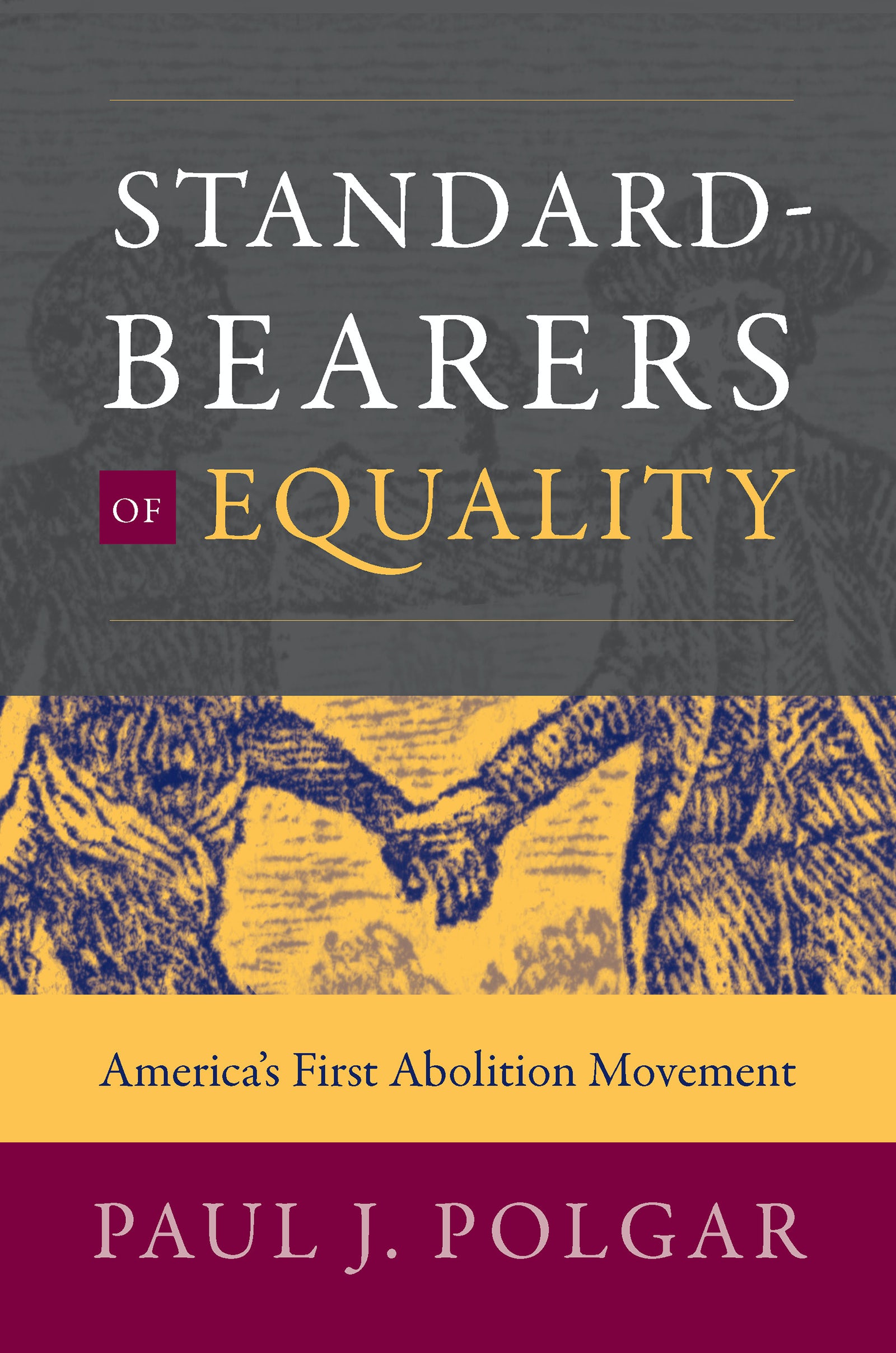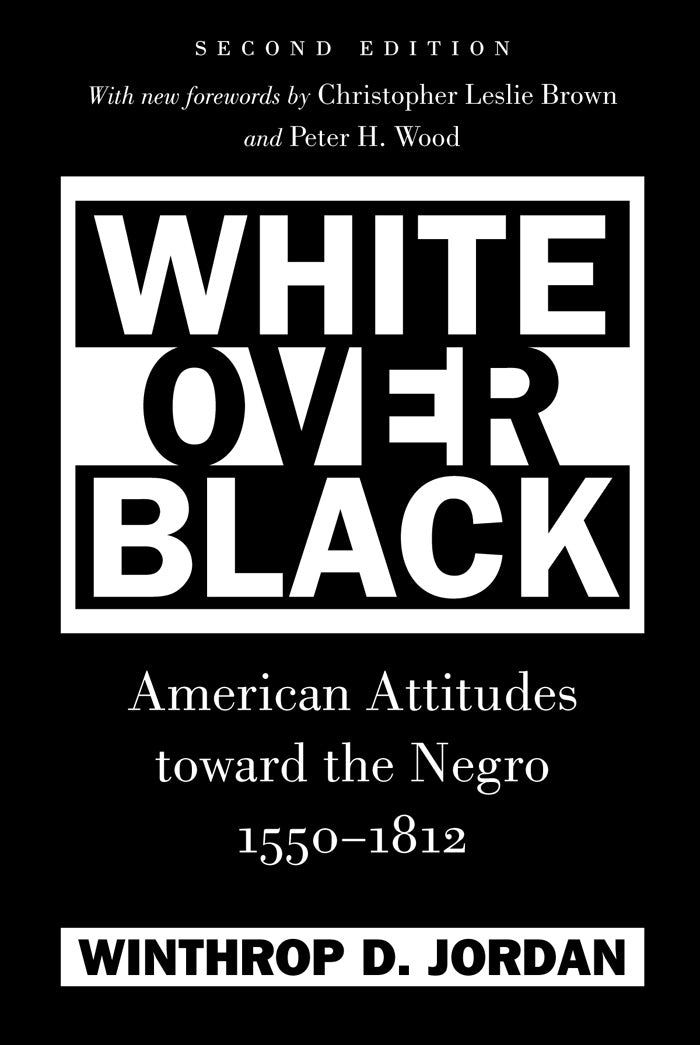
Race Traffic
Description
Fantasies of white slavery and the narratives of victimhood they spawn form the foundation of racist ideology. They also obscure the lived experience of trafficked servants and sailors in the seventeenth and eighteenth centuries. Gunther Peck moves deftly between the Atlantic and Mediterranean worlds to discover where and when people with light skin color came to see themselves as white. Separating fact from fiction, and paying close attention to the ideological work each performs, Peck shows how laboring women and men leveraged their newfound whiteness to secure economic opportunity and political power.
Peck argues that whiteness emerged not as a claim of racial superiority but as a byproduct of wide-ranging and rancorous public debate over trafficking and enslavement. Even as whiteness became a legal category that signaled privilege, trafficking and race remained tightly interwoven. Those advocating for the value of whiteness invoked emotionally freighted victimhood, claiming that so-called white slavery was a crime whose costs far exceeded those associated with the enslavement of African peoples across the Americas. Peck helps us understand the chilling history that produced the racist ideology that still poisons our politics in the present day.
About The Author
Gunther Peck is associate professor of history at Duke University.
Reviews
“Race Traffic renews the histories of labor, antislavery, and race by demonstrating precisely how their subjects created one another. Crossing the Mediterranean and Atlantic, traversing the period from the rise of Britain’s global empire through the Age of Revolutions, this gripping study of words and deeds is both erudite and revelatory. It should be a game changer across more fields of inquiry than I can name.”—David Waldstreicher, The Graduate Center, City University of New York
“Locating the intertwined genealogies of human trafficking, antislavery, and the construction of whiteness in the British Empire and the early American Republic, Peck has given us an interpretively ambitious work with profound implications for the long afterlives of slavery and racism today. A compelling book that I cannot recommend enough.”—Manisha Sinha, University of Connecticut
“This marvelous rethinking of race and coerced labor in the making of the modern world establishes a strong case for the global origins of white supremacy even as it fleshes out key sites and moments expertly. At once an achievement in the history of slavery, of resistance from below, of ruling ideas, and even of literature, Race Traffic will be read and debated for many years.” —David Roediger, University of Kansas




